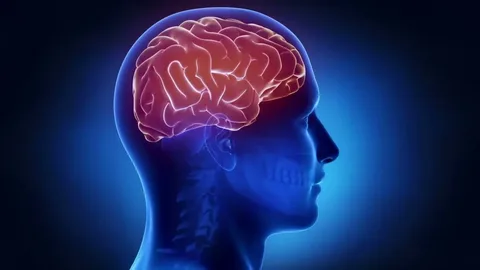A brain tumor is an abnormal growth of cells in the brain that can cause a range of symptoms and complications. While many brain tumours are benign and may not require treatment, others can be cancerous and require immediate medical attention. In this blog post, we’ll break down the basics of brain tumors, including the symptoms, treatments and current research on this condition.
- Symptoms of Brain Tumors
The symptoms of brain tumors can vary depending on the location, size and type of tumor. Some common symptoms of brain tumors include:
- Headaches: Headaches that are persistent or severe can be a sign of a brain tumor. These headaches may be worse in the morning or with physical activity.
- Seizures: Seizures can be a symptom of a brain tumor, particularly if they occur in someone who has never had them before.
- Cognitive changes: Brain tumors can cause changes in cognitive function, including memory loss, confusion, and difficulty with speech.
- Vision changes: Changes in vision, including double vision, blurred vision, or loss of vision, can be a symptom of a brain tumor.
- Nausea and vomiting: Nausea and vomiting can be a symptom of a brain tumor, particularly if it is located in the area of the brain that controls nausea and vomiting.
- Treatments for Brain Tumors
The treatment for a brain tumor depends on the size, type and location of the tumor, as well as the age and overall health of the patient. Some common treatments for brain tumors include:
- Surgery:
Surgery is often the first line of treatment for brain tumors. During surgery, the tumor is removed as much as possible while preserving brain function.
- Radiation therapy:
Radiation therapy uses high-energy radiation to kill cancer cells. It can be used in conjunction with surgery or as a standalone treatment.
- Chemotherapy:
Chemotherapy uses drugs to kill cancer cells. It is often used in conjunction with other treatments.
- Targeted therapy:
Targeted therapy uses drugs to target specific proteins or genes that are involved in the growth and spread of cancer cells.
Research on Brain Tumors
While much is still unknown about brain tumors, ongoing research is shedding new light on this condition. Some areas of current research include:
- Immunotherapy:
Immunotherapy is a type of cancer treatment that harnesses the power of the immune system to fight cancer cells. Researchers are currently exploring the use of immunotherapy for brain tumors.
- Precision medicine:
Precision medicine is an approach to cancer treatment that takes into account the unique genetic makeup of each patient’s tumor. This allows doctors to tailor treatment to the specific characteristics of the tumor.
- Nanotechnology:
Nanotechnology is the science of manipulating matter on an atomic and molecular scale. Researchers are currently exploring the use of nanotechnology for delivering drugs directly to brain tumors.
- Conclusion-
Brain tumors are a serious medical condition that can be life-threatening. However, early detection and timely treatment can significantly improve the outcome for patients. It is important to understand the symptoms of brain tumors and seek medical attention if any warning signs are present. With advancements in research and medical technology, there is hope for better treatments and improved outcomes for patients with brain tumors. For expert consultation and treatment of brain tumors, one can visit Dr. Vivek Bonde’s Spine & Brain Clinic.

